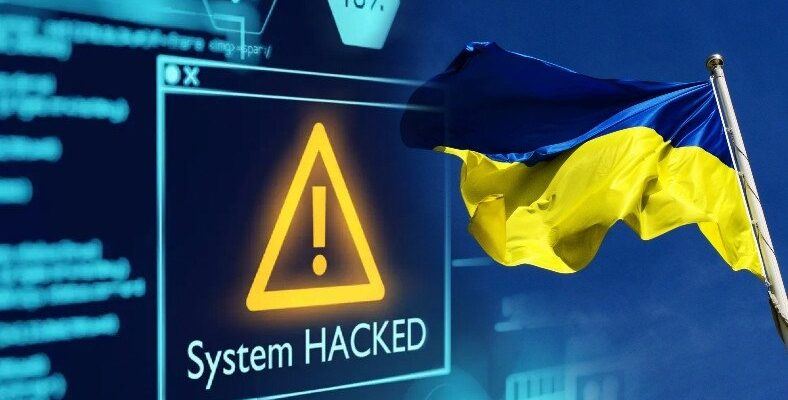In a small town in western Ukraine, intelligence officers crowd around a cluster of screens. The interface of the Russian government websites appears, from where files are downloaded as hackers try to identify any possible weaknesses in the infrastructure. This is the new "top secret" headquarters of the Cyber Intelligence Division of the State Security Service Ukrainian, theSBU. This special department was evacuated from Kiev last week because their offices were targeted by Russian missiles.
In war room are posted mugshots of 81 Russian officers ofFSB (Moscow secret service) responsible for cyber warfare against Ukraine. The information is complete with passport numbers, degrees held and departments to which they belong. Some, like the general Sergey Beseda, are already known, others hold high-level positions in institutions at an international level.
Cyber analysts have been puzzled by the inability of the Kremlin's cyber warriors to dismantle the technology underlying Ukraine's IT infrastructure, despite the massive attack on the country's electricity grid in 2015 and the compromise of institutional websites in January. last.
The resilience of Kiev's infrastructure, international observers argue, lies in the fact that Western intelligence managed to strengthen Ukrainian defenses when it realized the imminent Russian invasion. Westerners, leading Americans, therefore discovered several in advance malware sleepers that had to be activated at the right time to trigger the "Chaos".
"The Americans have been working with the cyber unit of our division for a few months, the last time I saw them was maybe in January"the SBU colonel told the Times.
The Russians wanted to attack civilian and military targets indiscriminately. Among these was the railway network, where the American team found and removed the malware "wiperware”Capable of taking down the entire computer network used by the railways. The railways also helped over a million Ukrainian civilians to flee the bombed cities.
Other Kremlin efforts have been thwarted by global companies like the Microsoft, thanks to the experience gained in having discovered dangerous ransomware such as Petya, the cryptographic software used in the massive attack, known as WannaCry, which struck in America theNHS in 2017.
"These attacks on civilian targets are contrary to the Geneva Convention and, for this reason, we have shared information with the Ukrainian government", he has declared Brad Smith, president of Microsoft.
The Ukrainian cyber-intelligence unit has been working around the clock since the invasion to thwart the activities of cyber-war of the Kremlin. The SBU was able to access the servers of the Russian Federal Treasury, interrupting the payments planned for the military budget. The hackers of the Ukrainian cyber division also had access to Russian electoral systems which, they say, would have helped President Putin rig the elections.
"We can see that the ability of the Russian cyber army is the same as that of the armed forces: overrated, pathetic and insignificant ", said the colonel of the SBU. "This myth has been cultivated for years to justify the Russians' exorbitant spending on a corrupt military-industrial complex that brought Putin billions of dollars.".
